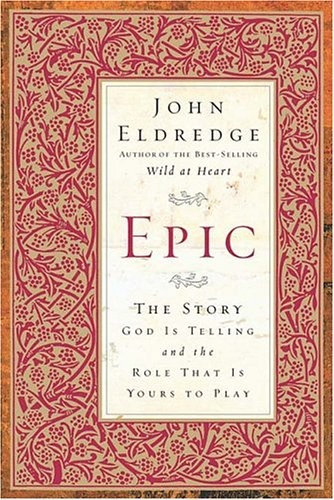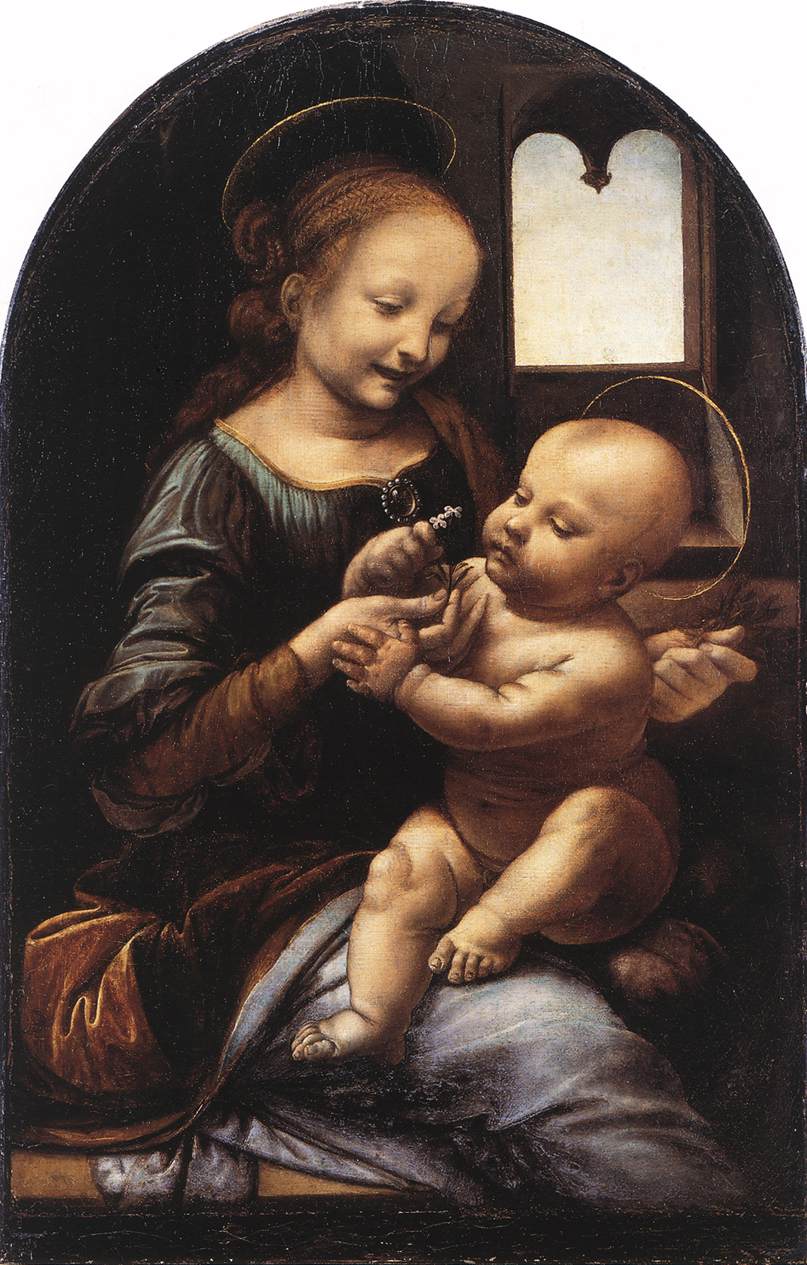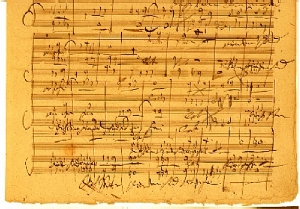Open-handed
One day, something fell from the sky. Xi had never seen anything like this in his life. It looked like water, but it was harder than anything else in the world. He wondered why the gods had sent this thing down to the earth. It was the strangest and most beautiful thing they had ever seen. They wondered why the gods had sent it to them. Pabo got his finger stuck in the thing and the children thought he was very funny. Xi tried the thing out to cure thongs. It had the right shape and weight. It was also beautifully smooth and ideal for curing snakeskin. And Pabo discovered you could make music on it. And every day they discovered a new use for the thing. It was harder and heavier and smoother than anything they’d ever known. It was the most useful thing the gods had ever given them. A real labour-saving device. But the gods had been careless. They had sent only one. Now, for the first time, here was a thing that could not be shared because there was only one of it. Suddenly, everybody needed it most of the time. A thing they had never needed before became a necessity. And unfamiliar emotions began to stir. A feeling of wanting to own, of not wanting to share. Other new things came. Anger, jealousy, hate and violence.
So the story begins in the classic movie The Gods Must Be Crazy. When his tribe of bushmen in the Kalahari desert finds a coke bottle that’s been thrown from a passing airplane, Xi realizes that it is destroying the fabric of society by introducing the concept of ownership. When he sees one of his neighbors hit the other over the head with the bottle, he is decisive. He takes the bottle and starts on a journey to find the edge of the world, and throw it off.
A society without the concept of ownership. It plays with our ideas about what constitutes “primitive” and “advanced.”
I think of this movie when I read the descriptions of the early church in Acts chapters 2 and 4:
Now all who believed were together, and had all things in common, and sold their possessions and goods, and divided them among all, as anyone had need. (2:44, 45)
Now the multitude of those who believed were of one heart and one soul; neither did anyone say that any of the things he possessed was his own, but they had all things in common. And with great power the apostles gave witness to the resurrection of the Lord Jesus. And great grace was upon them all. Nor was there anyone among them who lacked; for all who were possessors of lands and houses sold them, and brought the proceeds of the things that were sold, and laid them at the apostles’ feet; and they distributed to each as anyone had need. (4: 32-35)
Is there anything more antithetical to the American mindset?
I have questions about the early church. What did they preach about? Did the disciples tell stories about Jesus, and repeat his teachings? Or did they instruct in the Old Testament? What did their meetings together look like? Were they mainly about instruction, or about prayer, or about simply being together? How meeting-centric was the church? Did they forever divide people into age groups, as we do in the modern church?
There are things I just don’t know.
But these descriptions of the generosity, the absolute refusal to close one’s hands around some blessing, are clear. I read them and think, “That’s communism.” Yet communism is the name we give it when it’s done under compulsion. When it’s done freely, it’s simply the church.
Everything we do is oriented toward owning: get out of debt, own that house free and clear, accumulate all the items you need to be independent. Then, we think, from that position of strength, we will be able to be generous. We will be able to share. But of course there’s no basis for such thinking in these passages. “Great grace was upon them all.”




One Comment
Sahamamama
A little book you might enjoy for meditation is Henri Nouwen’s “With Open Hands” (translated from the Dutch — Mett Open Handen).
http://www.henrinouwen.org/